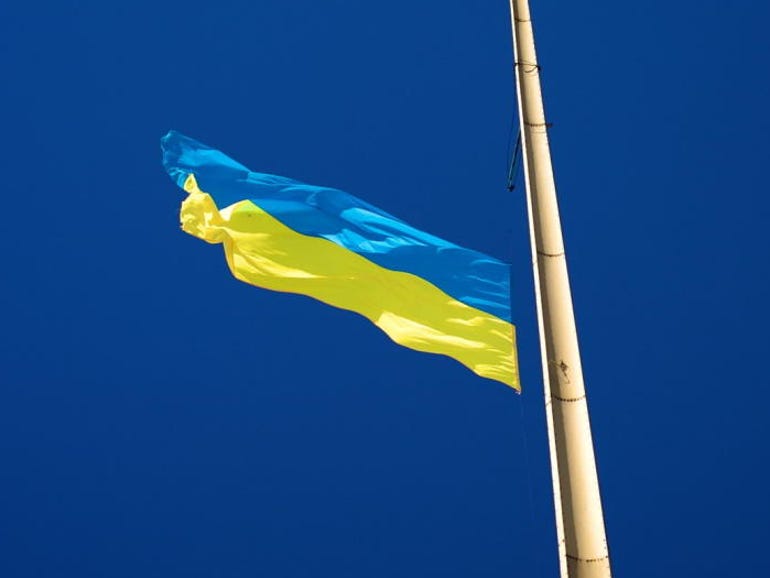- 3 ways to streamline cloud adoption and cloud security
- Get our favorite Nomad tech accessories for less thanks to open box and overstock sales - here's how
- How 'FinOps for AI' certification tackles your surging AI costs - and how to sign up
- Out of Office for Summer? Cybercriminals Are Just Getting Started
- These flagship OnePlus earbuds are a great buy at full price - but now they're even cheaper
Elon Musk activates Starlink to help keep Ukraine’s internet up | ZDNet

With Russia’s invasion of Ukraine, Ukraine’s internet was sent staggering. Georgia Tech’s Internet Outage Detection and Analysis (IODA) project, which monitors the internet, reported serious outages in Ukraine starting late on February 23. In response to this and other internet attacks, Mykhailo Fedorov, Ukraine’s Vice Prime Minister and Minister of Digital Transformation, forlornly asked for help from SpaceX and Tesla billionaire Elon Musk. “We ask you to provide Ukraine with Starlink stations.” Musk’s response? “Starlink service is now active in Ukraine. More terminals en route.”
Starlink is SpaceX’s low-earth orbit (LEO) high-speed internet service. It’s much harder to block than conventional internet. One person on Twitter summed it up nicely, “The people of Ukraine now have access to the fastest, most robust satellite internet system ever created. This makes it impossible for Russia to disable the Ukrainian internet access fully without cyber attacking foreign data centers.”
Even before Russia launched its unprovoked attack on Ukraine, Russia had been assaulting Ukraine’s internet. Long before the tanks started rolling into Ukraine, Russia had injected malware and DDoSed Ukrainian websites. Years before that Russia had turned off Ukraine’s capital city Kyiv’s power supply.
More recently, Russia has been trying to disrupt Ukraine’s internet. According to the internet monitoring group NetBlocks, GigaTrans, Ukraine’s main internet service provider (ISP), has seen its traffic disrupted since February 24th. Netblocks also reports internet outages in major Ukrainian cities such as Kharkiv, Kyiv, and Mariupol.
The Computer Emergency Response Team (CERT) of Ukraine is also reporting that Russia’s internet attacks have expanded beyond Ukraine. CERT Ukraine reports the NC1151 group, a hacker organization associated with Russian ally Belarus’s Ministry of Defense, has also been attacking Polish and non-government Belarusian and Russian sites.
Still, despite all of Russia’s efforts, Cloudflare Radar shows that for now Ukraine’s internet traffic, while suffering a significant drop, is still hanging in there. With the help of Starlink, Ukraine’s internet should still continue to hold its own.

